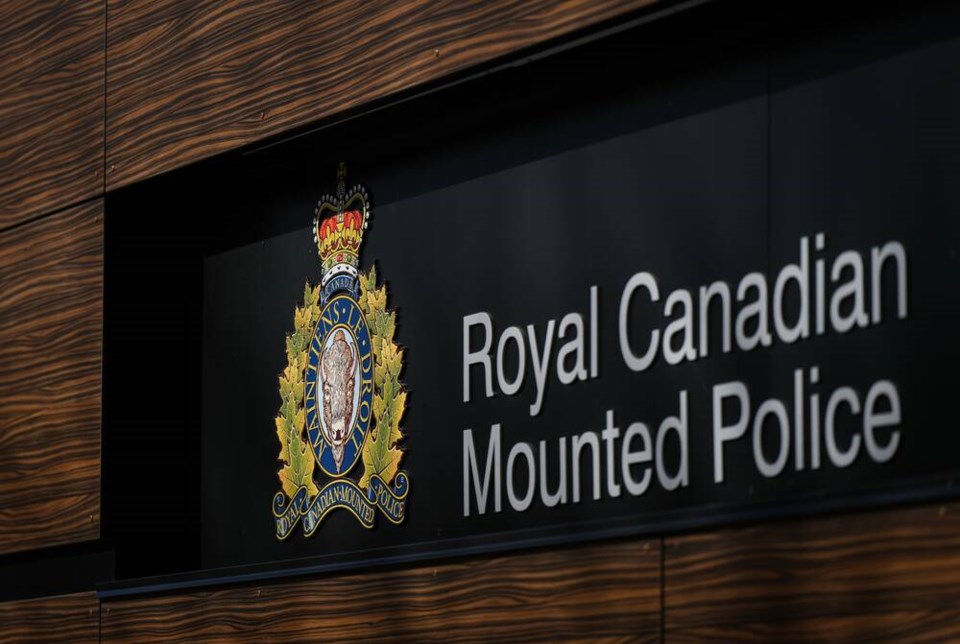One of underplayed elements of the Surrey policing fiasco is how shoddy the expert analysis of the options was.
Elaborate, supposedly comprehensive plans were put together by both Surrey and the RCMP after council opted last November to park three years of expensive work on creating a municipal police force and revert to the RCMP.
But major obvious problems were glossed over, costs were downplayed or ignored and significant risks were minimized.
Many of the falldowns arise from the total focus on Surrey and Surrey alone, with scant attention to the serious province-wide impacts of what the council is attempting.
Previous mayor Doug McCallum won office in 2018 on a promise to switch from the RCMP to a municipal force. After the city was halfway through the huge conversion, a new council headed by Mayor Brenda Locke was elected in 2022 that decided to cancel the project part way through and go back to the RCMP.
The province finally weighed in on this patently unworkable idea last Friday with a lengthy critique by the director of police services office and a recommendation to drop the idea and finish the job of building the municipal force.
The situation is so desperate that Public Safety Minister Mike Farnworth backtracked on his promise to not get involved in funding.
Last fall he said: “I know one thing: the province will not be contributing any money.”
On Friday he promised the city $30 million a year for five years if it gives up on reversing and carries on with the Surrey Police Service.
If they balk, there will be zero cash from B.C. and the province will try to thwart any RCMP efforts to poach members from short-staffed B.C. detachments.
Both Surrey and the RCMP submitted lengthy reports on their plans. B.C.’s director of police services found the overall plan had “inconsistencies, lacked supporting data and evidence” and needed much more clarification.
There was “a lack of sufficient detail to support the high level costs” cited in Surrey’s plan to revert to the RCMP.
“The plan does not identify strategies to ensure the Surrey Police Service remains intact” until the reversal is accomplished.
The RCMP now has 1,500 vacancies in B.C. — two-thirds on leave for various reasons, the rest vacant for want of officers — and thousands more across Canada. It’s ludicrous to expect a force that short of officers to come up with a realistic plan to restock what was the biggest detachment in Canada.
It submitted one nonetheless. The director found the plan “feasible, but only when considered in isolation of the RCMP resourcing pressures and needs across B.C.”
The transition to a municipal force was slowed by the pandemic, but also by provincial interventions to ensure some stability.
One example: the obvious idea would be to recruit SPS officers into the RCMP. But the director noted 95 per cent of them “have no intention of joining the RCMP.”
Farnworth has been trying to restrain criticism, but there was a hint of disdain from him about Surrey’s “transition reversal” plans obvious Monday in the legislature.
He said the original decision to make a municipal force was unanimous, “then they said: ‘No, we want to go back … .”
It would have a huge and significant impact on policing in B.C., he said. Even if they press on, Surrey still has to come up with hundreds of officers and the plan to do so is vague.
The other big takeaway from the report is the abysmal state of the RCMP in B.C. There was a bogus attempt to hide the full picture as hundreds of pages of the report purportedly related to staffing levels were redacted.
“You don’t give that information to criminals,” Farnworth told the house, “so that the bad guys know what’s going on.”
But even the dumbest criminal can figure that out by now. The shortfalls have been prevalent and growing for years.
Ironically, after blacking out most of the report, he told Opposition critics to “read the whole report.”
The heavily censored report infuriated Mayor Locke on Friday, particularly since she had to ask to see it. She was very critical of the recommendation and adamant about reverting to the RCMP.
Premier David Eby said her council will see the full document at an upcoming briefing. He spoke twice with her on the weekend in a bid to smooth over the disagreement and said he will do so again after council sees the report.
Eby said they do agree on one thing: “We need to have closure on this as quickly as possible. … This has gone on too long.”
>>> To comment on this article, write a letter to the editor: [email protected]



